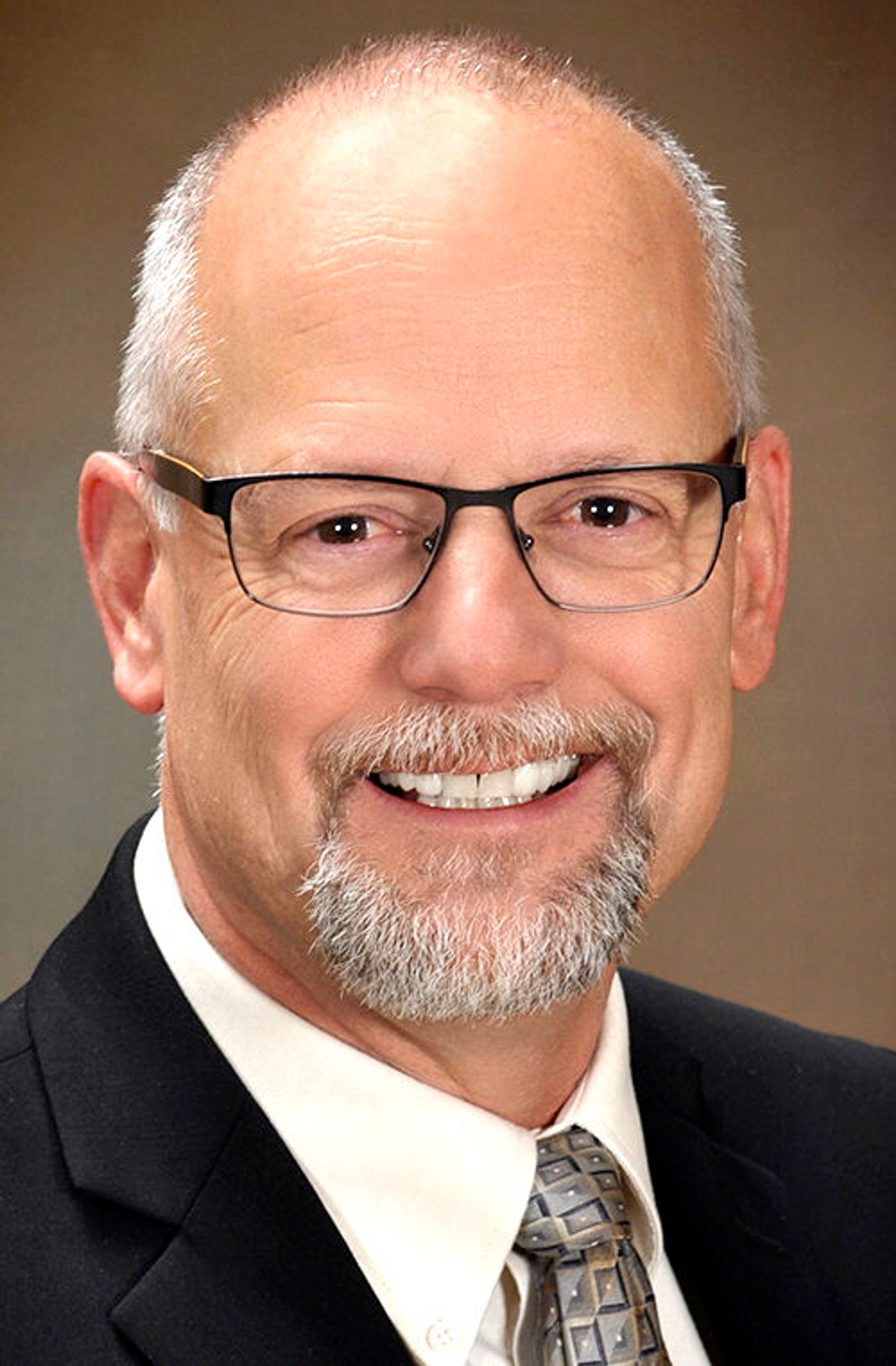Educators irked by blocked budget
Concept of ‘social justice programming’ vague, based in politics, they say
Some local education leaders have decried the Idaho Legislature’s refusal to approve a large chunk of the state’s K-12 budget last week as irresponsible and politically motivated.
The Idaho House of Representatives on April 13 rejected a budget funding K-12 teacher salaries in the state over objections to supposed “social justice programming” in Idaho’s public schools. The teacher salaries budget is about 55 percent of the state’s total $2 billion K-12 budget.
Many viewed the move as an expansion of a feud between Idaho’s higher education institutions and some conservative state lawmakers who allege state universities use taxpayer dollars to pursue a social justice agenda. Last week’s vote followed an April 7 House vote to sink the state’s higher education budget over objections to such programming in public universities.
During the teacher salary budget debate, legislators complained Idaho teachers are being forced to incorporate social justice ideology and “critical race theory,” into their curriculum.
Moscow Superintendent Greg Bailey said these accusations are misinformed at best and that he and his peers across the state were taken by surprise that these issues were coming to the fore in the first place. He said many administrators, himself included, were unfamiliar with the term “critical race theory” to begin with. In the interim, Bailey said even a delay in funding is tantamount to punishment for an imagined slight.
“We can’t do our budget for next year, we can’t go into negotiations at this point, we don’t know where we sit. Do we have to remove some of our staff or not?” Bailey said. “It really puts a bind on school districts at the current time and for a silly reason — that’s the hardship. It just doesn’t make sense what they’re doing down there.”
Much of the rhetoric in opposition to curriculum has mentioned efforts regarding diversity and inclusion and the discussion of concepts like racism and sexism in the classroom.
Moscow High School English Teacher JoyAnn Riley, also co-president of the local teachers union, said it is important that teachers help students navigate such discussions and it is inappropriate for lawmakers to attempt to limit what concepts can or cannot be included in such conversations.
For example, she said students in her class read the novel “To Kill a Mockingbird,” and it would be impossible to discuss themes of that book without tackling racism. She said if they are barred from discussing such issues that are pervasive in American society, students will have few tools and little context to make their own decisions about them later in life.
“I never have told a student what they have to think. My job as a teacher is to have them think critically, and form valid arguments, and how to put those arguments forth in writing and speaking,” she said. “We listen to a lot of different ideas. It’s not my job to parent, to tell a student how to think about an issue, but it is my job to help a student navigate a difficult issue.”
Riley said the rejection of the budget last week was indicative of a “humiliating” and “degrading” lack of faith in the state’s professional educators. She said it also unnecessarily drags Idaho teachers into a destructive conversation in a year when they have already worked themselves ragged to continue instruction during the pandemic.
Potlatch School District Superintendent Jeff Cirka agreed educators have already been under enough pressure without being accused of pursuing an ideological agenda and that state lawmakers must trust education professionals to do their work unimpeded.
“We’ve had to overcome quite a bit of adversity. All of us had to navigate the pandemic waters and I think most of us, the majority of us, have all come out … feeling pretty good about things,” Cirka said. “We’d like to go into our next year knowing that we have the support and backing of our legislators, and I think we do, but they got to get past this little game playing that’s going on right now.”
Jackson can be reached at (208) 883-4636, or by email to sjackson@dnews.com.
“I never have told a student what they have to think. My job as a teacher is to have them think critically, and form valid arguments, and how to put those arguments forth in writing and speaking.”
JoyAnn Riley, Moscow High School English teacher





